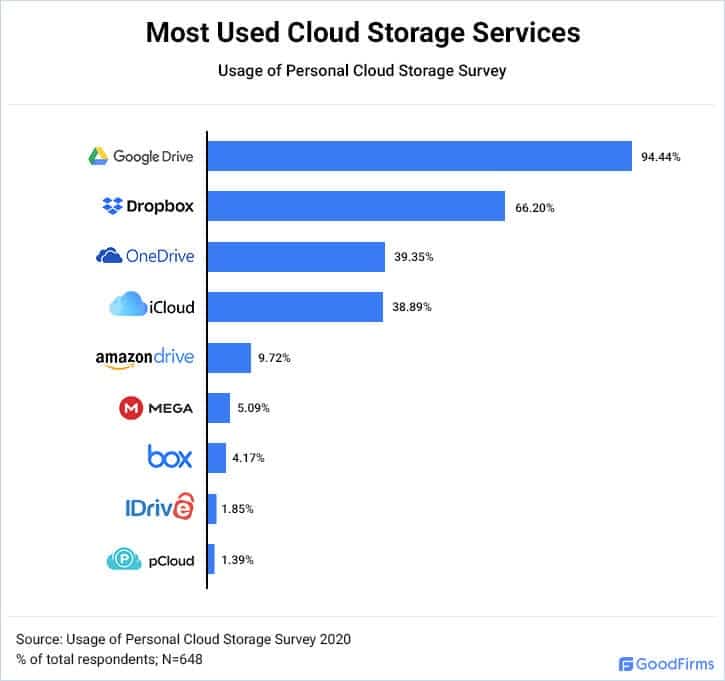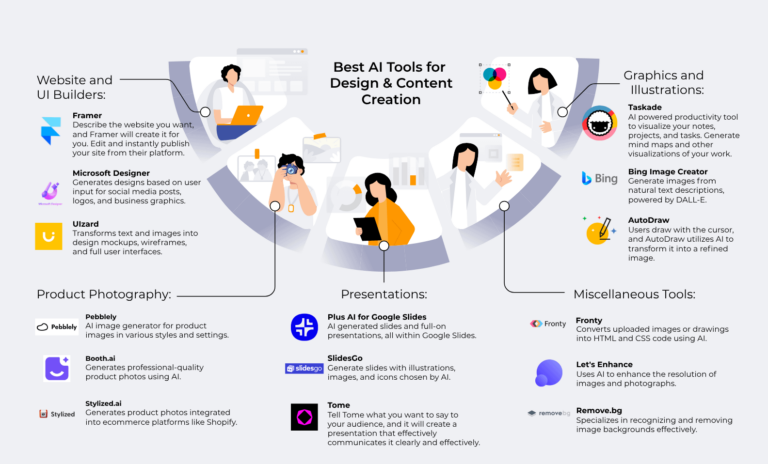Role of Quantum Technology in Modern Computing: Unlocking Unprecedented Computational Power
Quantum technology is no longer a futuristic theory it’s rapidly becoming a transformative force in computing. While classical computers operate on binary bits (0s and 1s), quantum computers use quantum bits or qubits that can exist in multiple states at once. This foundational shift allows quantum systems to process complex problems at speeds that would take traditional machines years or even centuries. Understanding the role of quantum technology in modern computing is essential for tech professionals, researchers, and forward-looking organizations seeking a competitive edge in the next generation of digital innovation.
Why Quantum Computing Is Redefining Problem-Solving Speed and Scale
At the heart of quantum technology lies a powerful principle: superposition. This allows qubits to perform many calculations simultaneously, making quantum computers ideal for solving complex problems involving massive datasets or countless variables. In fields like chemistry, finance, and logistics, where optimization problems or simulations are notoriously resource-intensive, quantum computers promise to deliver solutions that classical systems simply can’t compute in a practical timeframe. This leap in processing capability has the potential to dramatically accelerate discovery and innovation across every sector.
From Cybersecurity to Cryptography: Quantum’s Double-Edged Sword
One of the most widely discussed applications of quantum technology is its impact on cybersecurity. Traditional encryption methods rely on the difficulty of factoring large prime numbers—a task classical computers struggle with. Quantum computers, using algorithms like Shor’s, could potentially break these codes in minutes. While this sounds alarming, it’s also driving the development of quantum-safe encryption standards. Governments and tech companies are investing heavily in post-quantum cryptography to ensure secure communication in a future where quantum hacking could become a reality. The technology poses both a threat and a solution reshaping how we approach digital security.
Advancing Artificial Intelligence and Machine Learning with Quantum Power
Artificial intelligence and quantum computing are increasingly viewed as complementary technologies. AI relies on large-scale data processing and pattern recognition, tasks that quantum systems could potentially supercharge. Quantum machine learning (QML) leverages quantum principles to enhance training efficiency, improve model accuracy, and solve high-dimensional data problems. While still in its early stages, QML is being explored by major players like IBM, Google, and startups focused on quantum AI. As algorithms and hardware mature, we may soon see breakthroughs in AI performance that traditional hardware simply can’t match.
Real-World Applications: Where Quantum Is Already Making an Impact
Quantum technology is already finding early use in fields that benefit from massive computational models. In pharmaceuticals, companies are using quantum simulations to understand molecular interactions and accelerate drug discovery. In finance, quantum algorithms are being tested to optimize portfolio strategies and model risk scenarios more precisely. Even in climate science, researchers are exploring how quantum computers can simulate complex atmospheric models. While we’re still years from mainstream quantum computing, pilot projects and partnerships across industries are proving that practical use cases are on the horizon.
What Quantum Computing Means for the Future of IT Infrastructure
Integrating quantum technology into mainstream computing doesn’t mean replacing classical systems it means enhancing them. Quantum computers will likely work alongside classical supercomputers, handling specific types of problems that benefit from quantum acceleration. This will require new software architectures, hybrid cloud platforms, and a quantum-ready workforce. Organizations preparing for this shift are already exploring quantum-as-a-service models, training staff in quantum programming languages, and investing in partnerships with quantum research firms. As the tech matures, businesses that adapt early will be best positioned to capitalize on its capabilities.
FAQs
Is quantum computing available for commercial use today?
Quantum computing is still in its early stages, but cloud-based access to quantum simulators and processors is available through platforms like IBM Quantum and Google Quantum AI.
Will quantum computers replace traditional computers?
No. They are designed to complement classical systems, solving specific problems classical machines can’t handle efficiently.
Is quantum technology dangerous for current encryption methods?
Potentially, yes. But this risk is leading to the development of quantum-resistant encryption, making systems more secure long-term.
What industries will benefit most from quantum computing?
Pharmaceuticals, finance, energy, logistics, and cybersecurity are among the sectors likely to see early impact.
Do I need to learn quantum programming to stay relevant in tech?
Not immediately, but gaining a foundational understanding of quantum concepts and tools can give you an edge as the field evolves.

